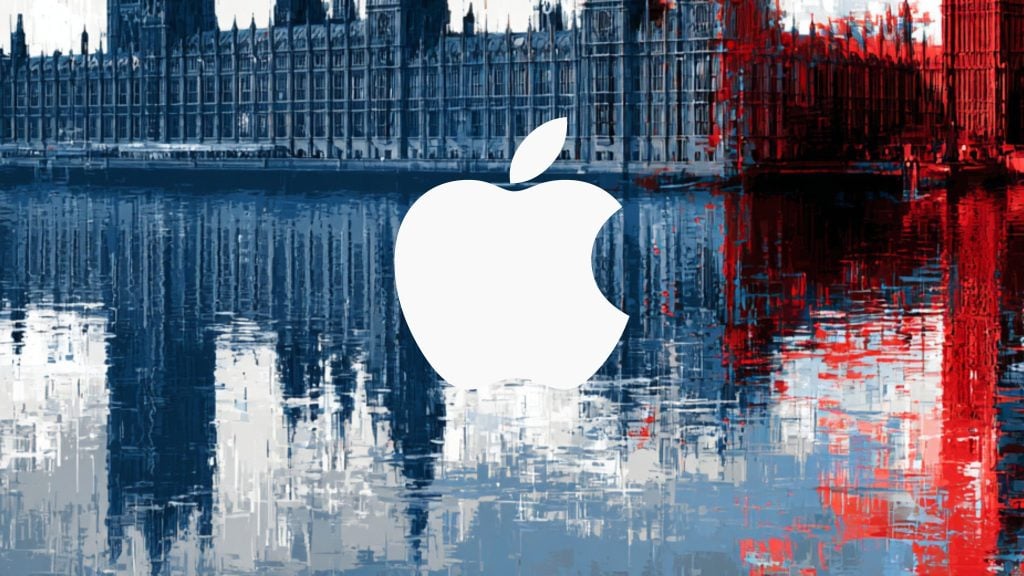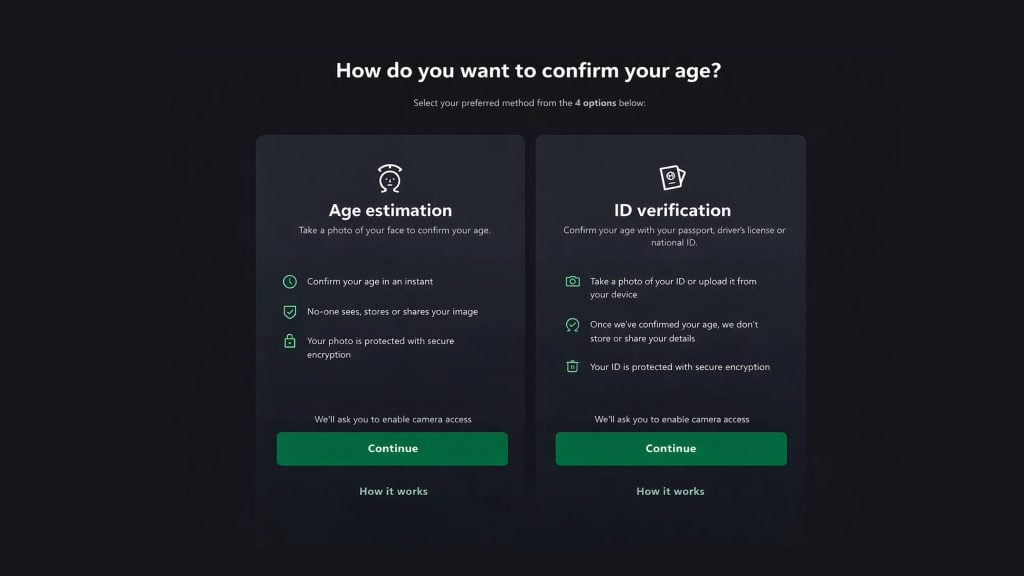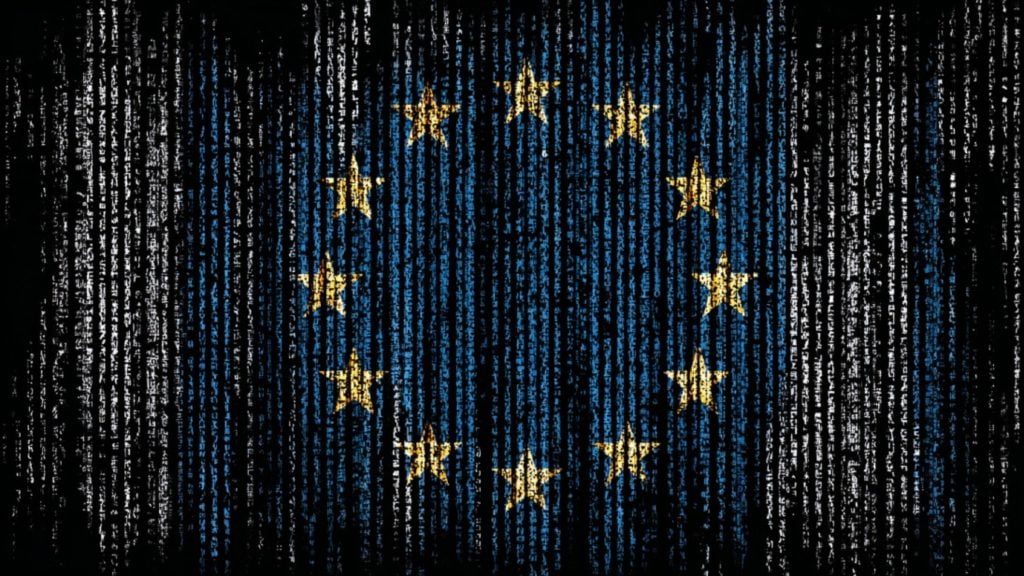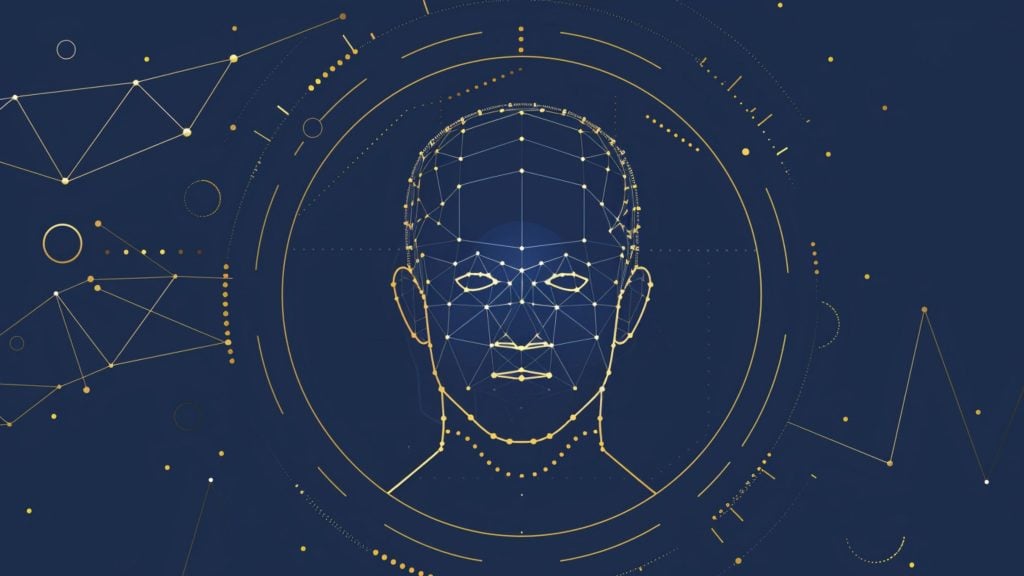
FTC Says Companies Can Collect Kids’ Personal Data, As Long As It’s Called “Age Verification”
The agency charged with enforcing the law that restricts children’s data collection just carved out an exception large enough to swallow the law itself.

The agency charged with enforcing the law that restricts children’s data collection just carved out an exception large enough to swallow the law itself.

Britain’s demand that Apple build a backdoor for everyone on earth, then quietly reframe it as a domestic matter after Washington pushed back, is the kind of legal gymnastics that makes intelligence lawyers nervous on both sides of the Atlantic.

Google is turning sideloading from a right into a permission slip, and the open-source community has until September to convince it otherwise.

Twitch is asking streamers to hand over a government ID and selfie to a controversial third-party service to collect money they’ve already earned.

The screen Apple called an “error” revealed exactly how the company plans to use your credit history, account age, and payment data to decide what you’re allowed to download.

The company selling privacy as a feature is now running age screening on 18+ app downloads without explaining what data makes that determination possible.

The SPD is selling this as child protection, but the architecture they’re building looks a lot more like a checkpoint than a parental control.

The man who outlasted a French arrest now faces a Russian prison threat from the country he left behind two decades ago.

The false advertising angle is LA County’s way around the First Amendment maze; not “did Roblox harm children?” but “did Roblox lie about it?” – a question courts are far more comfortable answering.

The UK’s age verification mandate arrived as promised, and Xbox delivered it by ejecting players mid-session, stripping away chat, and treating 18-year account holders like suspicious strangers.

Colorado’s OS-level age verification bill sidesteps the failures that killed its predecessors by making Apple and Google do the heavy lifting and outsourcing the problem to a more powerful set of defendants.

The governor who couldn’t bring himself to say “put the phones down” at his own daughter’s party is now asking the state to say it for every family in California.

Zuckerberg spent five hours defending Instagram’s design choices, and walked out having handed legislators and regulators their preferred blueprint for a national digital ID system.

Brussels is pursuing Chat Control to surveil private communications while its own enforcers retreat deeper into encrypted, self-destructing ones.

Germany already has laws that let politicians prosecute citizens for insulting them online and Merz just wants to remove the last step between a critical post and a knock on the door.

Their voting records read like blueprints for the same surveillance state they’re asking taxpayers to help Iranians escape.

The same blocking system that once took down Amazon, GitHub, and Cloudflare is now targeting the tools Spaniards used to get back online.

The pro-censorship French president is now the most eloquent voice in the West for the idea that free speech, unregulated, is a problem to be solved.

Delegated powers mean the specific rules (what gets scanned, what gets flagged) get written by a minister, not Parliament.

The bill would require parental permission or ID checks to open the calculator app that came with your phone.

Britain may soon require ID to access the very tool designed to protect you from ID tracking.

The party could ask Germans to show their papers before they can post a tweet.

Meta’s own document treats the civil liberties backlash not as a reason to reconsider, but as a calendar event to schedule around.

The framing obscures the architecture underneath: a permanent biometric database that expands with every new service it touches.

The agency charged with enforcing the law that restricts children’s data collection just carved out an exception large enough to swallow the law itself.

Britain’s demand that Apple build a backdoor for everyone on earth, then quietly reframe it as a domestic matter after Washington pushed back, is the kind of legal gymnastics that makes intelligence lawyers nervous on both sides of the Atlantic.

Google is turning sideloading from a right into a permission slip, and the open-source community has until September to convince it otherwise.

Twitch is asking streamers to hand over a government ID and selfie to a controversial third-party service to collect money they’ve already earned.

The screen Apple called an “error” revealed exactly how the company plans to use your credit history, account age, and payment data to decide what you’re allowed to download.

The company selling privacy as a feature is now running age screening on 18+ app downloads without explaining what data makes that determination possible.

The SPD is selling this as child protection, but the architecture they’re building looks a lot more like a checkpoint than a parental control.

The man who outlasted a French arrest now faces a Russian prison threat from the country he left behind two decades ago.

The false advertising angle is LA County’s way around the First Amendment maze; not “did Roblox harm children?” but “did Roblox lie about it?” – a question courts are far more comfortable answering.

The UK’s age verification mandate arrived as promised, and Xbox delivered it by ejecting players mid-session, stripping away chat, and treating 18-year account holders like suspicious strangers.

Colorado’s OS-level age verification bill sidesteps the failures that killed its predecessors by making Apple and Google do the heavy lifting and outsourcing the problem to a more powerful set of defendants.

The governor who couldn’t bring himself to say “put the phones down” at his own daughter’s party is now asking the state to say it for every family in California.

Zuckerberg spent five hours defending Instagram’s design choices, and walked out having handed legislators and regulators their preferred blueprint for a national digital ID system.

Brussels is pursuing Chat Control to surveil private communications while its own enforcers retreat deeper into encrypted, self-destructing ones.

Germany already has laws that let politicians prosecute citizens for insulting them online and Merz just wants to remove the last step between a critical post and a knock on the door.

Their voting records read like blueprints for the same surveillance state they’re asking taxpayers to help Iranians escape.

The same blocking system that once took down Amazon, GitHub, and Cloudflare is now targeting the tools Spaniards used to get back online.

The pro-censorship French president is now the most eloquent voice in the West for the idea that free speech, unregulated, is a problem to be solved.

Delegated powers mean the specific rules (what gets scanned, what gets flagged) get written by a minister, not Parliament.

The bill would require parental permission or ID checks to open the calculator app that came with your phone.

Britain may soon require ID to access the very tool designed to protect you from ID tracking.

The party could ask Germans to show their papers before they can post a tweet.

Meta’s own document treats the civil liberties backlash not as a reason to reconsider, but as a calendar event to schedule around.

The framing obscures the architecture underneath: a permanent biometric database that expands with every new service it touches.